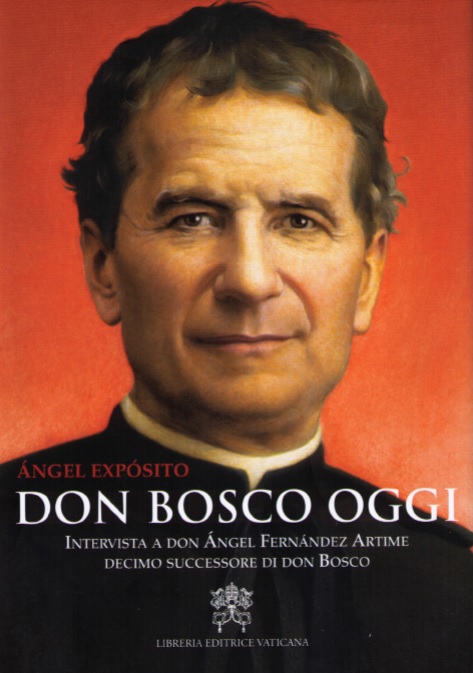La Congregazione Salesiana ebbe il suo primo cominciamento in Torino l’anno 1841 coll’opera del Catechismo ai fanciulli più abbandonati. Si aggiunsero poscia scuole serali e domenicali, e si raccolsero così varie centinaia di giovani, cui si dava educazione civile e religiosa conforme alla loro condizione. In mezzo alla moltitudine dei fanciulli che frequentavano gli Oratorii festivi, le scuole serali e domenicali, apparve un nuovo bisogno, cui si doveva provvedere. Molti si trovarono talmente poveri da mancare di alloggio e di vitto. Allora si cominciò a ritirarne alcuni nella casa di Valdocco, e cosi la Congregazione prese forma regolare di Ospizio nel 1846. Nell’anno 1852 l’autorità Arcivescovile di Torino di moto proprio approvò l’opera degli Oratorii col suo regolamento, e ne costituì D. Bosco Direttore capo, concedendogli tutte le facoltà che potessero tornai necessarie od opportune a questo scopo. Dapprima i giovani ricoverati si avviavano tutti ad un’arte o mestiere. Ma a poco a poco, manifestandosi in alcuni di essi doti speciali di bontà e d’ ingegno, si pensò di secondarne le propensioni, ed avviarli allo studio. Continue reading “Capitolo Generale della Pia Società Salesiana – Deliberazioni del Capitolo Generale della Pia Società Salesiana” →










